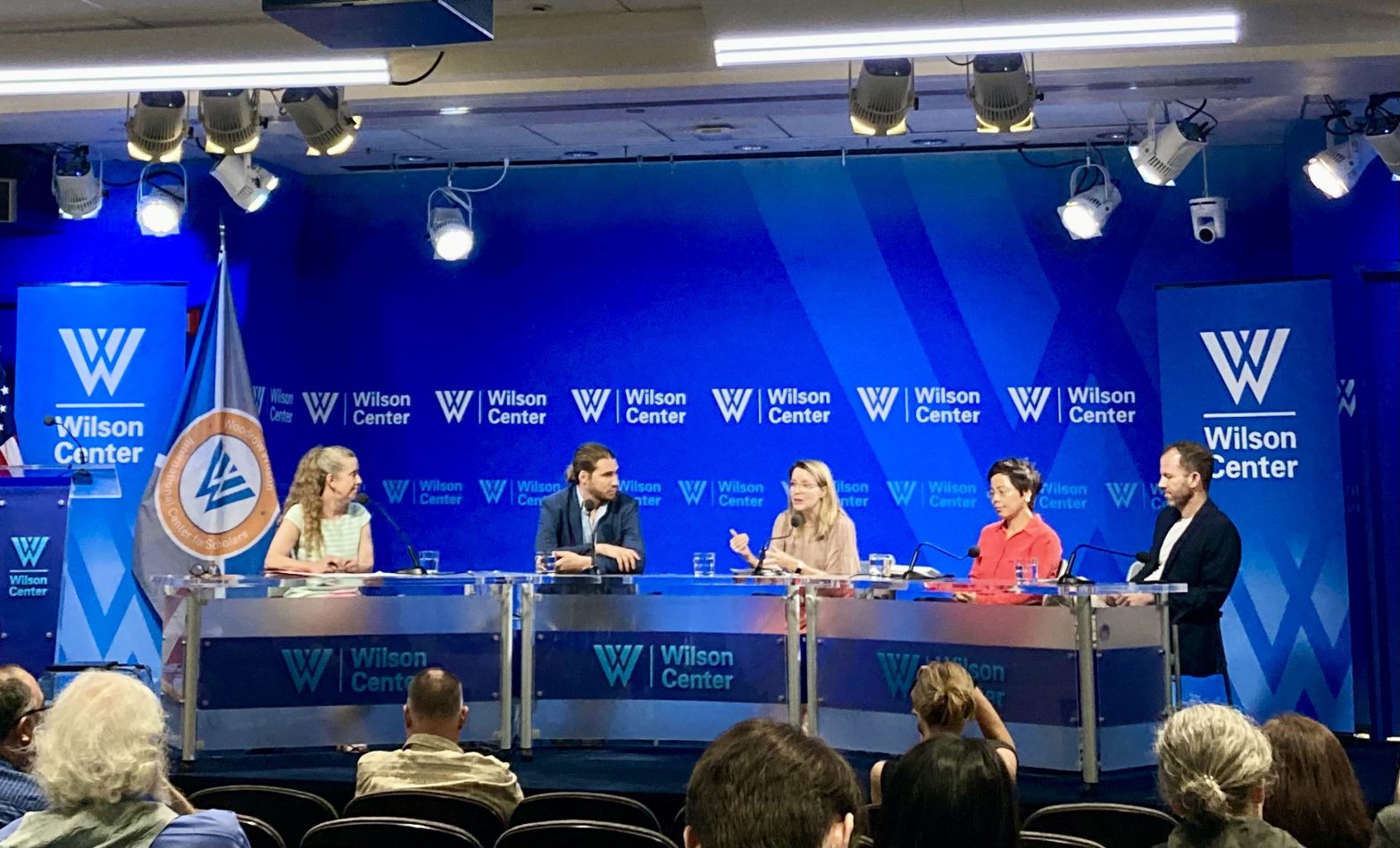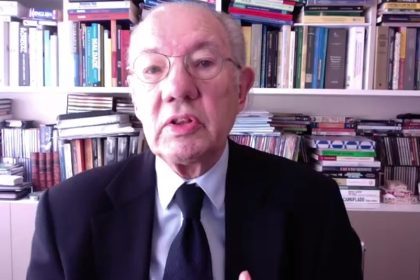Wilson Center Hosts China Belt and Road Initiative Documentary Screening

WASHINGTON — The Wilson Center on Monday played host to Bertelsmann Foundation filmmaker Samuel George for a screening of his new documentary, “Tinderbox, Belt and Road — China in the Balkans.”
The film is a deep dive into how China’s massive, global infrastructure initiative has affected the Balkans, specifically the city of Bor, Serbia’s relationship with China and the resulting environmental damage and financial exploitation that has occurred in these areas.
The screening was followed by a discussion of the policy by a panel of experts.
The Belt and Road Initiative is an infrastructure plan meant to create development and connectivity in low-income countries by reviving supply chains, and as of 2023, over 140 countries have signed on to the project.
In advancing the initiative, China will loan countries money to build infrastructure projects, such as creating new roads or ports, but more often than not these projects do not generate enough revenue to pay China back.
“The United States and the West have done really bad things in the developing world exploitatively for centuries,” the filmmaker said. “It’s not to say that one is better than the other.
“What it is to say is that this is happening, and it may be good, especially for some countries that don’t have access to this money, but there are some very troubling elements of it as well,” George added.
The Belt and Road Initiative will be among the subjects discussed as the House Foreign Affairs Committee and the Senate Foreign Relations Committee convene hearings on Wednesday on the current status of U.S.-China relations.
In response to the BRI, President Joe Biden and the G7 leaders agreed on a widespread, values-driven infrastructure plan in 2021, later rebranded as the Partnership for Global Infrastructure and Investment, to develop infrastructure in developing countries.
When the panel was asked if this was a sufficient response, panelist Margaret Myers, the director of the Asia and Latin America Program at the Inter-American Dialogue, replied, “It’s simply not enough. In terms of shifting the needle, it’s just not going to accomplish a lot, [but] better something than nothing.”
The documentary portrays life under the Belt and Road Initiative, specifically examining the relationship between Serbia and China. The film covers Zijin Mining Group’s mining activity in Bor’s copper mines, looking at the dangerous working conditions of the mines, the resulting mass water and air pollution and the company’s overall financial exploitation of Bor’s people and resources.
“China will not communicate what they’re doing, and as a result, I think a lot of these conspiracy theories flourish,” George said. “There’s a defense that could be made, and they just don’t make it, and it comes back to haunt them.”
While the documentary points to some of the negative aspects of the BRI, the panelists provided more of a pragmatic take on the topic, acknowledging that China can often accomplish these infrastructure needs much faster than the United States.
“All of this is well meaning, but these are private sector led, and that’s a challenge when the private sector sees substantial risk in these regions,” Myers said. “The scale is very low, and trade is off the table. We’re paralyzed in that respect.”
While it remains to be seen if the United States will be successful with its infrastructure project launch, the documentary and the panelists emphasized that highlighting the economic exploitation and human rights violations resulting from the BRI are vital going forward.
“This is by far the most complicated film topic I’ve ever tried to cover,” George said. “It’s just a very complicated project, and I appreciate the chance to share it.”
You can reach us at [email protected] and follow us on Facebook and Twitter
























